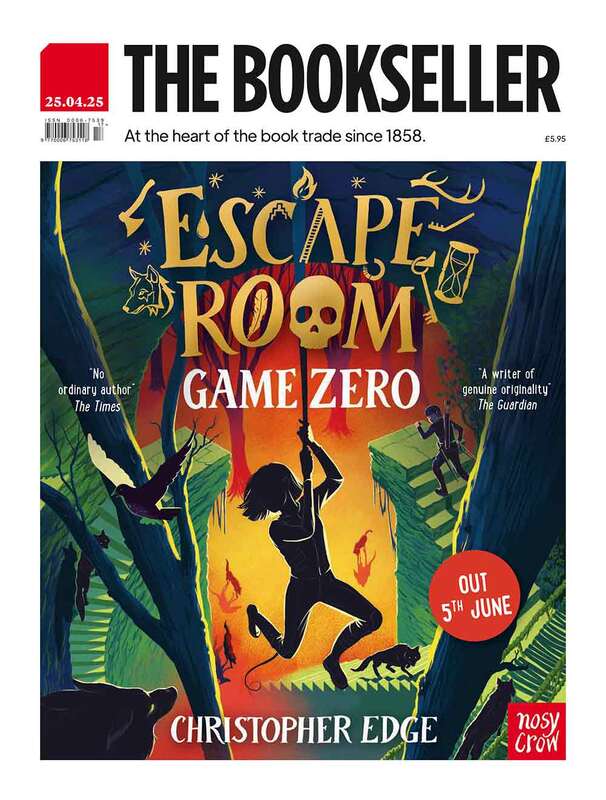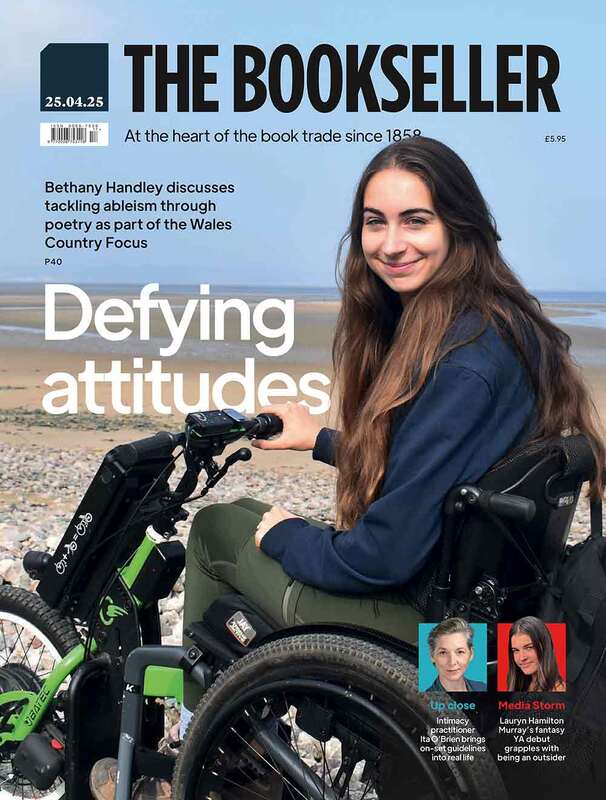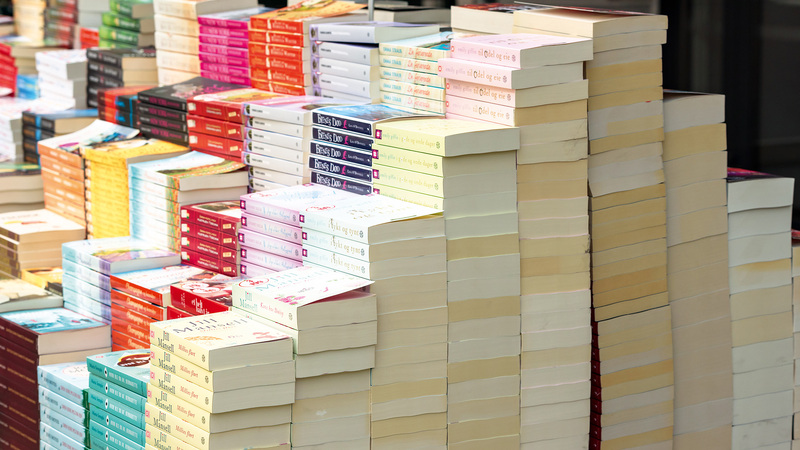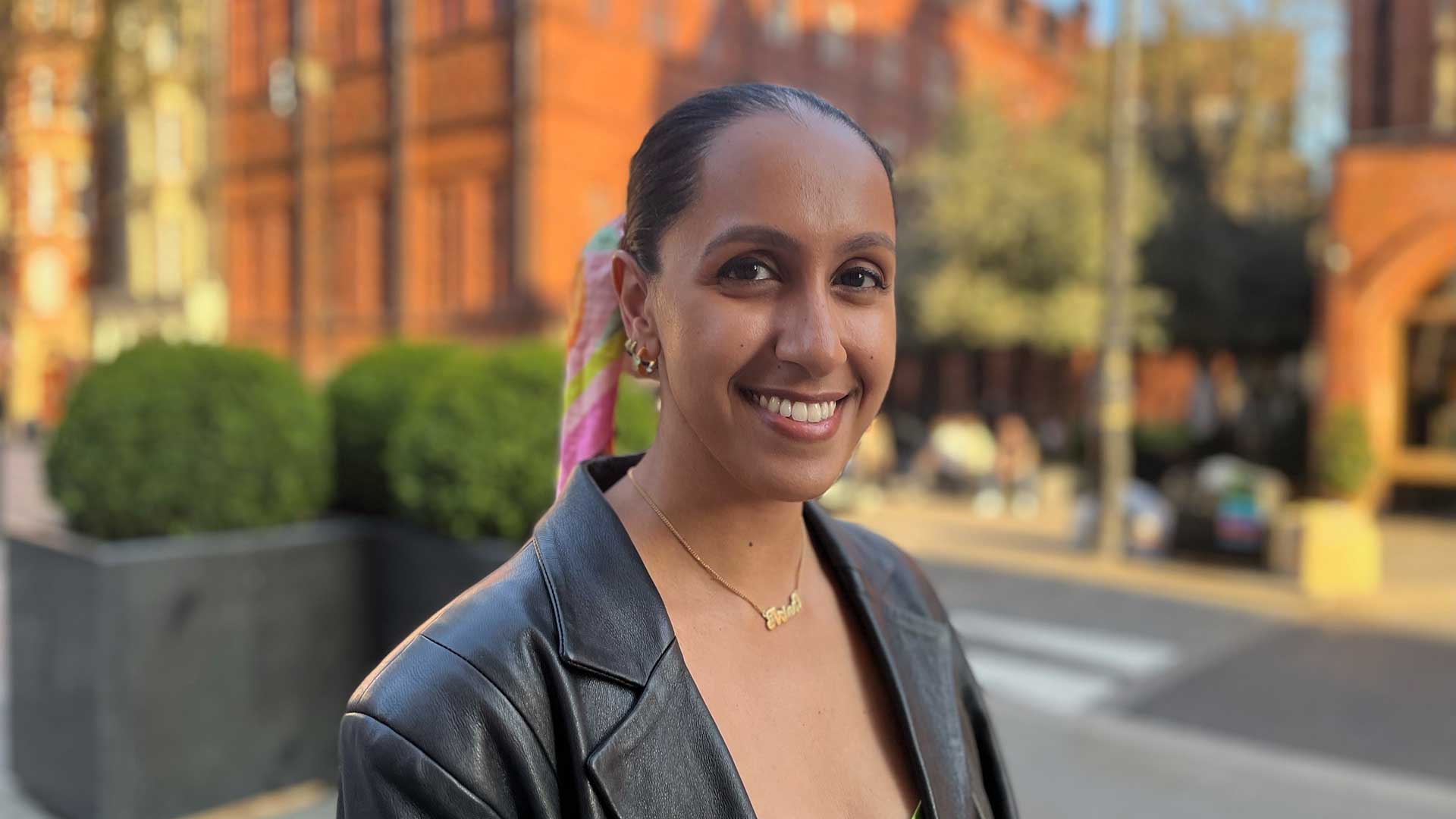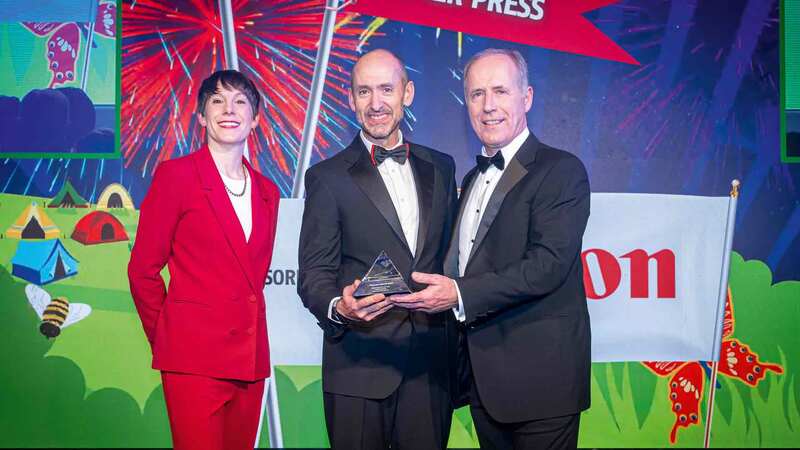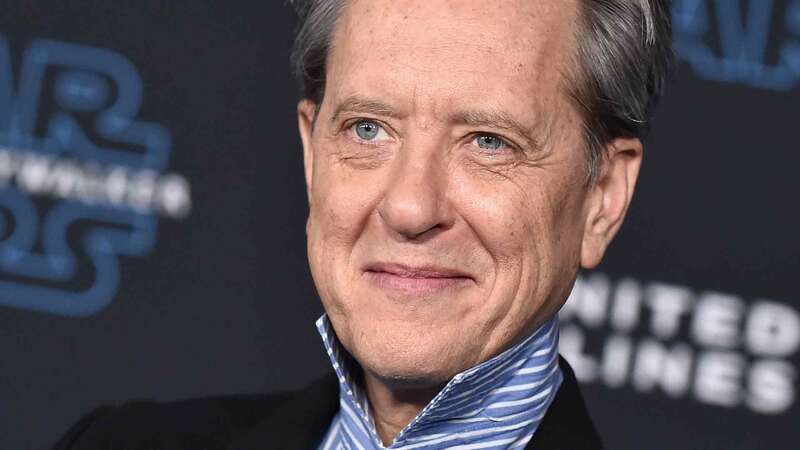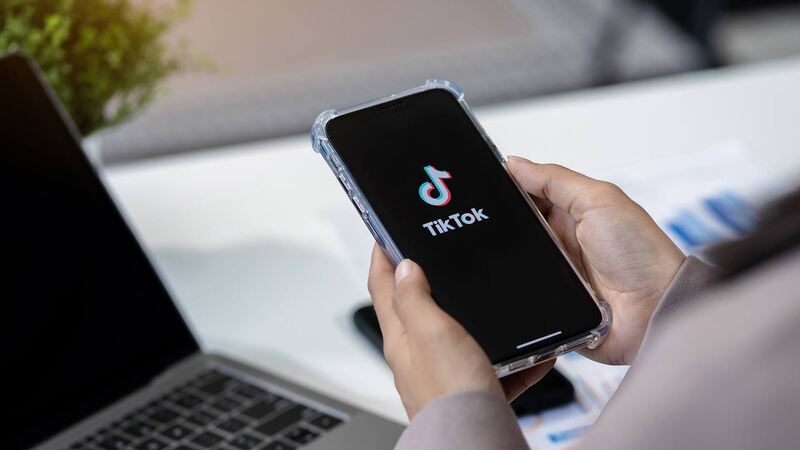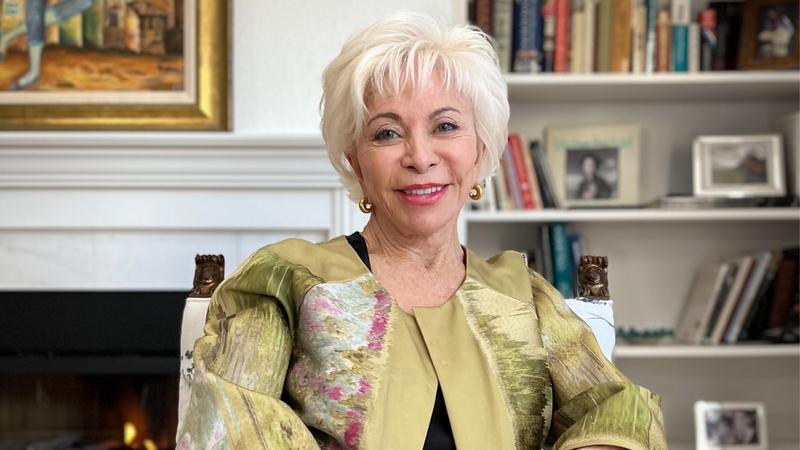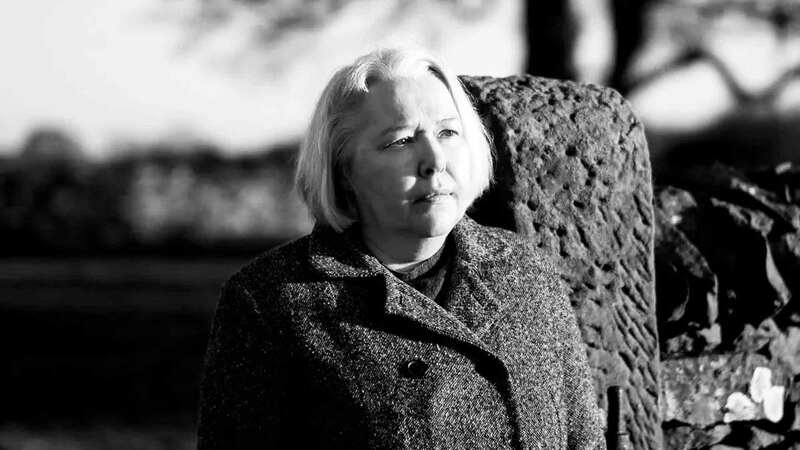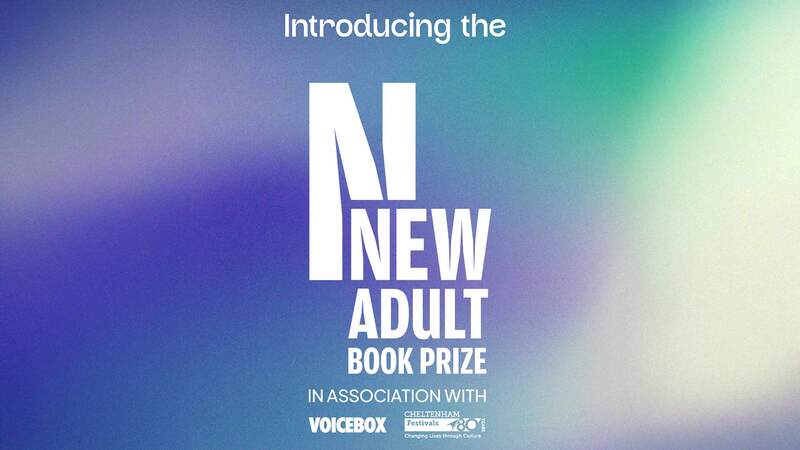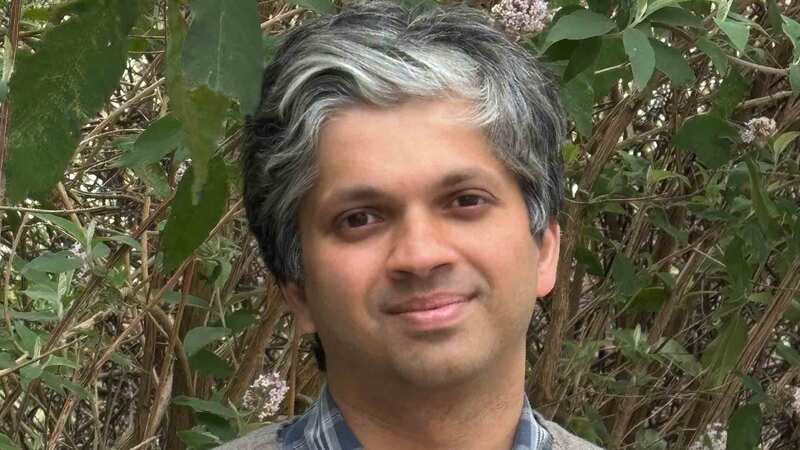You are viewing your 1 free article this month. Login to read more articles.
BIBF buoyant for UK, but US publishers face trade tariff problems
UK publishers at the Beijing International Book Fair last week (21st - 25th August) saw typically buoyant rights trading, as the country's book market boom continues in 2019, with double-digit growth at the half-year stage.
But the intensifying US/China trade dispute meant American publishers doing export sales deals at the fair faced "tougher" trade negotiations, as their books now attract hefty tariffs in the China market.
For UK publishers, while staples of the Chinese market such as children's books and accessible non-fiction continue to be as popular as ever, BIBF attendees also saw changes in readers' appetites. Harry Gwynner, c.o.o. of indie Nobrow/Flying Eye, said he had noticed an upsurge of interest in comic books in China. "Three years ago, nobody wanted comic books. Now some bigger independents - such as Post Wave Publishing - are looking increasingly at them, because the lengths are right and the aesthetic fits. The barriers to format are breaking down. They are making very good offers, comparable to the French market, or even higher."
The Chinese market is maturing "quicker than we expected", he said. Gwynner also said the fact that his company now had established relationships over three or four years - Flying Eye has previously exhibited at the Shanghai childrens' fair - was making business considerably easier. "My Chinese hasn't got any better but their English has got a lot better, so communication is easier," he said.
Kate Wilson, m.d. of Nosy Crow, also remarked on how the quality of English spoken by publishing partners in China had improved "so dramatically" over the past seven years that a translator is no longer required for conversations. "It's a new generation of publishers," she said. Nosy Crow had seen a lot of continuity of trends at BIBF - an emphasis on series, non-fiction and "good moral messages" - but there was also a new willingness to look at co-editions.
Hattie Castelberg, international account manager at Faber, manned the first stand for Faber and the Independent Alliance publishers at BIBF this year. She said: "There's a growing appetite for literary fiction, particularly around prize-winners - so Anna Burns' Man Booker win and Kazuo Ishiguro's Nobel Prize for Literature has increased awareness of Faber.
"Anything catching attention in other markets is doing well here: Sally Rooney's Normal People is one of the first books people go to pick up. It went to number one in the fiction bestseller list of Kino Kuniya's flagship Singapore store in its first week of publication, which brought her a lot of local media coverage. Younger readers want to discover new things.
"We also find that there is a big growth across the Asia markets in Asian authors who have been published in English, like South Korean writer Han Kang. Having the English language edition is very helpful; if people in Asia don't speak that particular Asian language, they want to read it in their second language, which is usually English."
Also new to BIBF this year was children's author and illustration agency The Bright Agency. Managing agent Lucie Luddington said the agency had had an "overwhelming" response from Chinese publishers and found new clients for their artists, with publishers keen to commission titles on family, funny animals, and classic re-tellings of children's tales in Western forms, with deals ranging from board books to encyclopaedias and fiction.
"Chinese publishers have a strong attraction to stylised European work and are much more open than I thought they would be," managing agent Lucie Luddington told The Bookseller. The agency is considering setting up an office in China, she said.
However while the UK was doing good business, US publishers were dealing with the imposition of trade tariffs on China's books by the US, and the reciprocal tariffs imposed by China on US books imported into the country.
The double whammy of a 15% VAT tax, on top of the weakening RMB, meant US books were now appearing very expensive to Chinese importers, said one US publisher who preferred not to be identified.
"It's come up at every meeting, and we've had tougher negotiations because everyone's squeezed on pricing," the publisher said, laying the blame squarely at the feet of his own president. "It's embarassing to be an American right now. We have a president who does not understand the global economy. It hurts everyone: it hurts us, it hurts the Chinese."
However Richard Howells, director of sales and marketing at Harvard University Press, said he had had a positive BIBF. "It's been positive and enthusiastic, with lots of people who have engaged with our books and lists, and a lot of name recognition as you'd expect," he said.
Although not an issue for BIBF, UK publishers are also very concerned about the potential impact of the trade war on their businesses, as all books produced in China are affected, which in the case of gift or children's publishers, could be over 95% of a company's production. Co-edition titles sent to the US, or books later exported from the UK to the US, are all expected to attract the additional tariff, affecting orders.
Publishers are looking at alternative possibilities for printing, such as Malaysia or Vietnam, but fear the quality and prices will not be as good as in China. Grant Hartley, export sales director at Usborne, said: "Production directors are looking to diversity their suppliers, but some of our products can't be moved very easily, and the difficulty is that everyone is looking into doing it, and if you are all suddenly looking in Eastern Europe, there is limited capacity there." Meanwhile complex co-edition deals already put in place would be difficult to unravel at this stage, he said.
International exhibitors at BIBF topped 1,600 this year, a record number, with over 90 in the British contingent. On average the fair attracts 50,000 trade visitors a year, with the public attending at the weekend.

